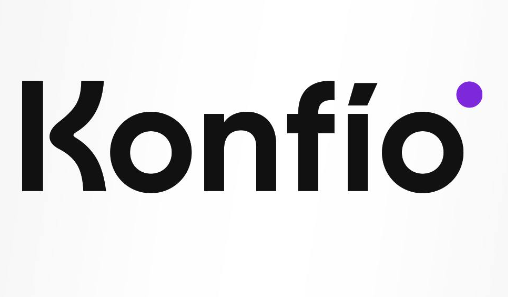Mexican fintechs are gearing up to enhance lending in Mexico, buoyed by falling inflation and the announcement of million-dollar credit lines from major U.S. lenders.
Recently, Klar, a fintech company, announced it had secured a $100 million debt facility from Victory Park Capital, a Chicago-based firm. This infusion of funds aims to boost Klar’s appetite for lending. Fintechs across Latin America have taken a more cautious approach in the past few quarters, yet improvement on the inflation front gives hope to fintechs that lending conditions could improve soon.
Klar’s loan business is mostly geared toward financially excluded individuals, which in the case of Mexico, comprise large swaths of the population.
“There is no shortage of quality financial products, but they serve a limited population,” said Stefan Möller, CEO of Klar. The startup offering includes a credit card, mobile payments and a Buy Now, Pay Later feature. It reports 2.4 million customers, and its credit range goes from the equivalent in pesos of $60 to almost $2,000.
Loans to SMEs in Mexico
In recent years, many fintech companies have emerged in Mexico with a focus on underbanked segments. Mexico is one of Latin America’s big economies with the worst financial inclusion metrics. With a population of 130 million, lending to these populations – with a strong preference for cash and lacking financial records – can be highly profitable if done right.
“It’s a large and informal market, with a high demand for financing and a need for a certain level of fiscal order,” Héctor Ortega, a consultant for fintech companies in Mexico, said. According to him, SME credit is one of the most profitable niches for lending fintechs.
To make the offer more attractive, fintechs in this segment often offer cash management software as well, along with point-of-sale devices and other software tools.

Signs of a somewhat stronger lending appetite have also emerged in the SME space. Last month, Konfio, another Mexican fintech, extended its $100 million credit line commitment—this time from U.S. investment bank J.P. Morgan. The fintech, which caters to SMEs in the country, raised loan limits as a result to 5 million Mexican pesos, or roughly $300,000.
For Ortega, the SME segment is somewhat untapped, even by traditional neobanks. “There isn’t a significant offering geared towards SMEs from the major digital banks,” he said in an interview.
Other investment firms backing Konfio include QED Investors, SoftBank and Kaszek Ventures. In 2019, the firm tapped a credit line from Goldman Sachs.
Mexican fintechs: A better time to lend?
Certainly, catering to underserved segments presents a challenge. The Mexican market operates with a high degree of informality, meaning numerous individuals earn their income in cash.
In recent quarters, both fintech lenders and traditional banks in Latin America have stepped away from lending as delinquencies slightly rose in credit card and retail loans. “When the macroeconomic situation isn’t favorable, loan amounts tend to decrease to help us ensure a stable repayment rate among our clients,” Fausto Ibarra, Chief Product Officer at Kueski, told Fintech Nexus in an earlier interview.
But with the inflation dropping below 5% in July, the tides might be turning.
Mexico’s central bank kept its rate unchanged at 11.25% in its latest meeting, yet the market expects it could soon follow its Latin American peers in instructing rate cuts.


